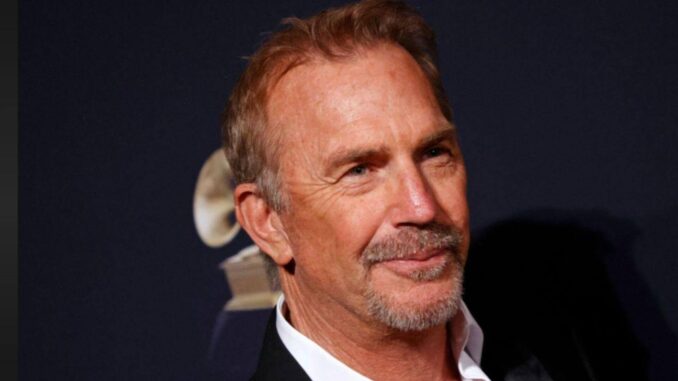
From modest roots in California to becoming one of Hollywood’s most enduring and adaptable leading men, Kevin Costner’s career stands as a testament to perseverance, artistic conviction, and a deep respect for storytelling. Born in 1955 in Lynwood and raised in a working-class household, Costner’s rise to fame was anything but immediate. Before finding his footing in film, he worked a string of everyday jobs—truck driver, carpenter, fishing boat crewman—reflecting the grounded sensibility that would later define his screen presence. Small roles in the early 1980s gradually opened the door, but it wasn’t until several key performances later in the decade that Costner firmly established himself as a cinematic force.
His breakthrough came with The Untouchables (1987), where he portrayed federal agent Eliot Ness with a meticulous blend of moral resolve and understated charisma. The following year brought Bull Durham (1988), a romantic sports classic that further showcased his natural, approachable charm. Yet it was Field of Dreams (1989) that transformed him into an icon. As Ray Kinsella—a farmer driven by faith, hope, and the mysterious whisper of “If you build it, he will come”—Costner embodied the quintessential all-American hero: kind, quietly determined, and deeply human.
Still, the defining moment of his early career arrived with Dances with Wolves (1990). Taking on the dual roles of actor and director, Costner crafted an ambitious, emotionally expansive Western epic that resonated around the world. The film earned seven Academy Awards, including Best Picture and Best Director, and revitalized the Western genre for a new generation. Its sweeping landscapes, cultural sensitivity, and introspective tone made it a landmark achievement—and cemented Costner as one of Hollywood’s most significant creative voices.
Throughout the 1990s, Costner continued to balance artistic ambition with mass appeal, demonstrating remarkable versatility. His performance in Oliver Stone’s JFK (1991) showcased his ability to anchor complex political narratives, while Robin Hood: Prince of Thieves (1991) and The Bodyguard (1992) affirmed his commercial star power across genres—from medieval adventure to romantic drama. Even when faced with high-profile setbacks like Waterworld (1995) and The Postman (1997), Costner’s career never lost its core: an unwavering commitment to sincerity and emotional truth. His roles consistently radiated moral depth, and his directorial sensibilities remained attuned to expansive landscapes, introspection, and the intricacies of human connection.
Costner’s recent resurgence has introduced him to an entirely new generation of viewers. His portrayal of John Dutton in the hit series Yellowstone has earned widespread acclaim, blending gravitas, vulnerability, and rugged resolve. As the patriarch of a modern Western dynasty, he has once again tapped into the spirit that has long defined his career—an authenticity that feels both timeless and distinctly American.
Beyond film and television, Costner is a multifaceted artist and humanitarian. He is an accomplished musician with his band Modern West, a philanthropist involved in environmental causes, and a devoted family man whose off-screen life reflects the integrity he often portrays on camera. His ability to evolve while staying rooted in core values has allowed him to remain relevant and respected across decades of industry change.
Kevin Costner’s legacy is not just one of box office successes or celebrated performances—it is a legacy of heart. His work, whether in front of or behind the camera, reflects an ongoing belief in stories that matter: stories about courage, land, family, and the choices that define us. In an era of constant reinvention, Costner stands as proof that true stars don’t simply adapt—they grow, deepen, and endure.
#classicfilmhistory #lifestyle #oldfilms